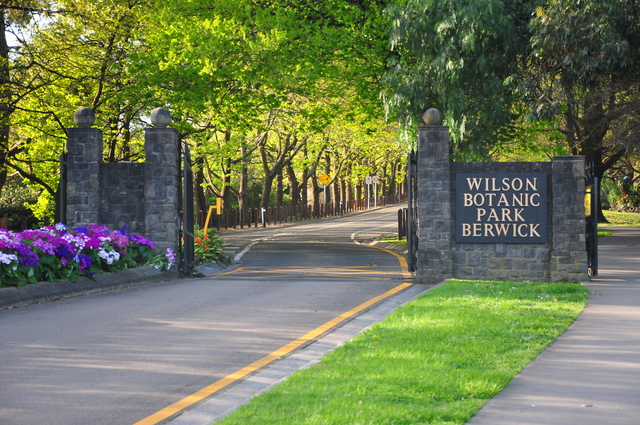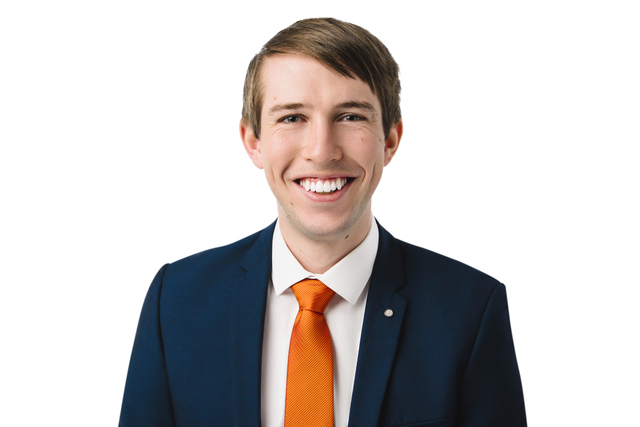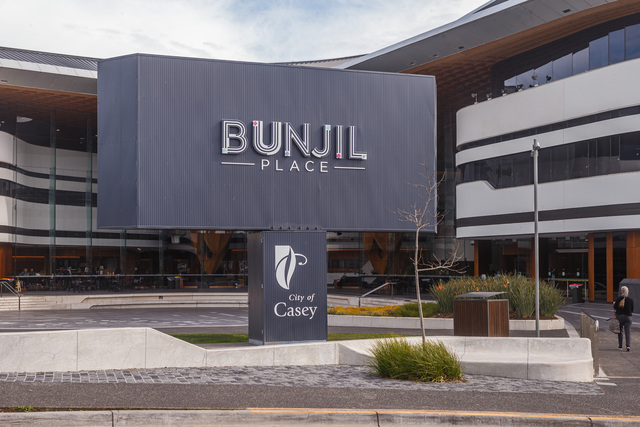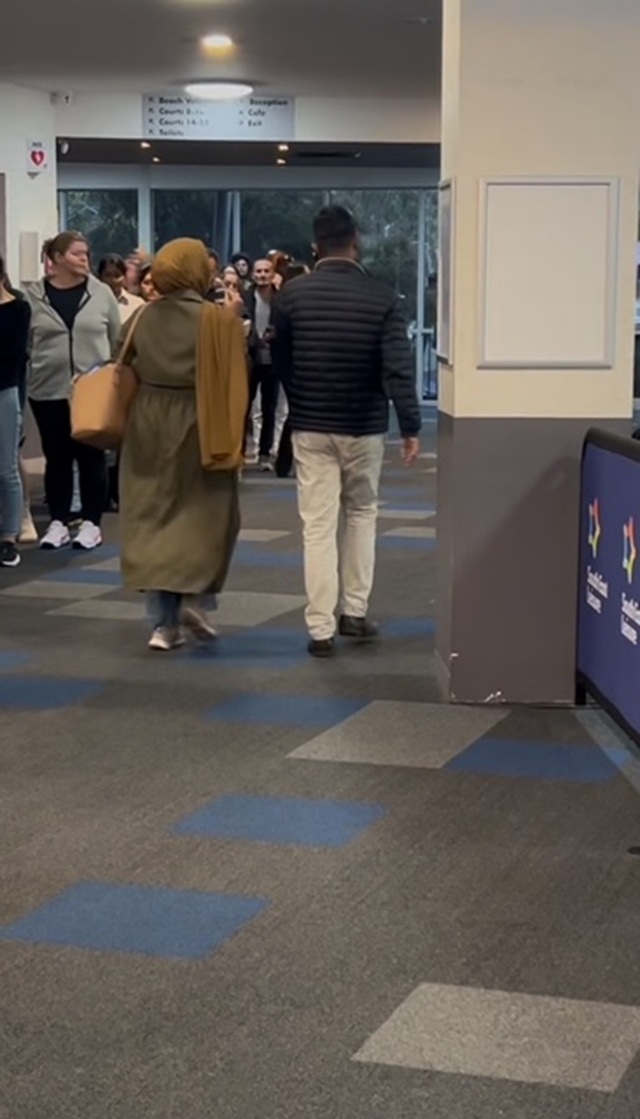The northern fringes of the City of Casey are known for their flora, and the hills are painted green with trees galore, an aspect that future council candidates are looking to preserve.
Grevillea Ward, which consists of Narre Warren North, Harkaway, Narre Warren and parts of Berwick, is home to Wilson Botanic Park, renowned for its rock formations and historical significance, as well as its commodity to the local community.
A recent meeting by the Friends of Wilson Botanical Park delved into the plausibility of propagating plants, tending to them, and growing them, before putting them up for sale to the general public in order to raise funds and sustain the activities of the club.
Independent candidate Stephen Capon, who was in attendance, said that given the chance for him to be elected, the project would “certainly be one of the projects I would be advocating for the council to include in their budget for next year”.
“Looking at the broader community, it would be a [chance] for more plants and more sources of plants; the chance to grow more native and local plants, the opportunity for kids and those in school to potentially be involved in that, education purposes.”
Given the economic success of the Cranbourne Friends and their contribution to the Royal Botanic Gardens, Capon added that it could also be a reliable economic investment for the future.
Fellow candidate John Ternel said that he is “one hundred per cent” in support of the initiative, putting emphasis on the garden’s significance and historical, geological and flora contributions.
“Wilson Botanical Park is full of rich historical and cultural values, we’ve got people that are going to maintain that, and more importantly, we’re talking about people’s mental health and also caring about the future,” he said.
“If they’re going to be able to help teach other people how to propagate plants and how you grow them and then make some money out of it to help the projects moving forward, I’m 100 per cent behind it.”
Stephen Matulec sees importance in any movement that is “community-focused”, with this Friends initiative being one of many possibilities for the ward, especially when it comes to public land.
“I’m someone who personally prefers to see more community involvement in council processes and on council land,” he said.
“I’m actually a very big supporter that, that public land should be available for public use, engagement, and activity, especially.”
Expanding on exploring similar efforts from the Friends, where environmental-based and community-initiated projects are central, is something that Matulec would like to see; a sentiment that both Capon and Ternel echo, considering the Green Wedge in the north and the connection that the local communities have with the semi-rural abode.
Understanding the State Government’s 2021 tightening of the Green Wedge Protection Act, Dave Perry is of like mind, adding that there is still a need to “plan around” the Wedge in order to “keep the amenity and make sure that we’ve got those corridors for wildlife and trees throughout Casey”.
“You’ve got Lysterfield Lake, a lot of other open spaces out there, you’ve got forests, so we kind of want to maintain that and we want to maintain or build connections between those kinds of wildlife refuges,” he said.
Capon acknowledged that keeping Casey green has been a strong focus for the current council, and is something that should be upheld should the next batch of councillors come into office.
“There’s something about being out in nature, as humans, just energises and revitalises us,” he said.
“It’s important we have these environmental initiatives to really help maintain and support our green spaces so that we can continue to appreciate it for our generation, but also for the generations to come.”
However, the topic of infrastructural development and needs are still rife, with congestion being a topical issue, as well as facilities such as schools, places of worship and community centres.
Balance is key, according to Dave Perry, with the movement of the people, housing opportunities and such to be worked in conjunction with the requirements and needs of the Green Wedge.
“I think any high-density construction just needs to be along the train line in Casey, and I know that’s not really an issue for us in Grevillea Ward, but around in Clyde, it’s hard to travel at certain times of the day,” he said.
In general, “one would have to bring strategic planning rules into council to really control that”.
“You know, you’d have to zone sections of the council and then build a strategic plan around what you want to have in those areas.
“You can’t just make a decision on the fly with this sort of thing, you need to think it out over time and plan for the long term.”
For Ternel, it’s as simple as having a “common-sense approach” when it comes to planning.
“We need to have a common-sense approach and do some, you know, perform some responsible environment development,” he said.
“We do have lots of lots of open space, lots of land, so if we use a common sense approach and build in a responsible environment way, we can make it happen.”
Carmen Powell, taking from her parents who grew up in rural Victoria, more than understands the strong focus of keeping Grevillea green, but also sees the balance needed when it comes to the community’s needs.
“You’ve got to look at the capacity within an area and looking at, you know – we moved to Harkaway on a personal level for the space and we would like it to stay that way for a good time to come,” she said.
“It’s about looking at what’s relevant for the future of the area, the electricity versus gas debate, water, internet and so on.
“All those needs to be considered; what’s going to bring those things to the area and what does the community want and need?” she said.
David Parr also understands the importance of Capon’s initiative, also having attended the Friends’ meeting, sees eye-to-eye with their goals, and the wider needs of the Green Wedge; at the same time he also recognises the vast elderly population in the north and is a strong advocate for the development of aged cares.
“The Green Wedge is there to limit urban development and we [the people] are agreeing on that, we like it the way it is,” he said.
“My main push is the community development of aged care facilities and aged care programs, I want those to happen,” he said.
Ultimately a balance must be struck, between environmentally-focused movements like support for the Friends and Wilson Botanic, and catering to the needs of the people through infrastructural development of roads and various community facilities.








